
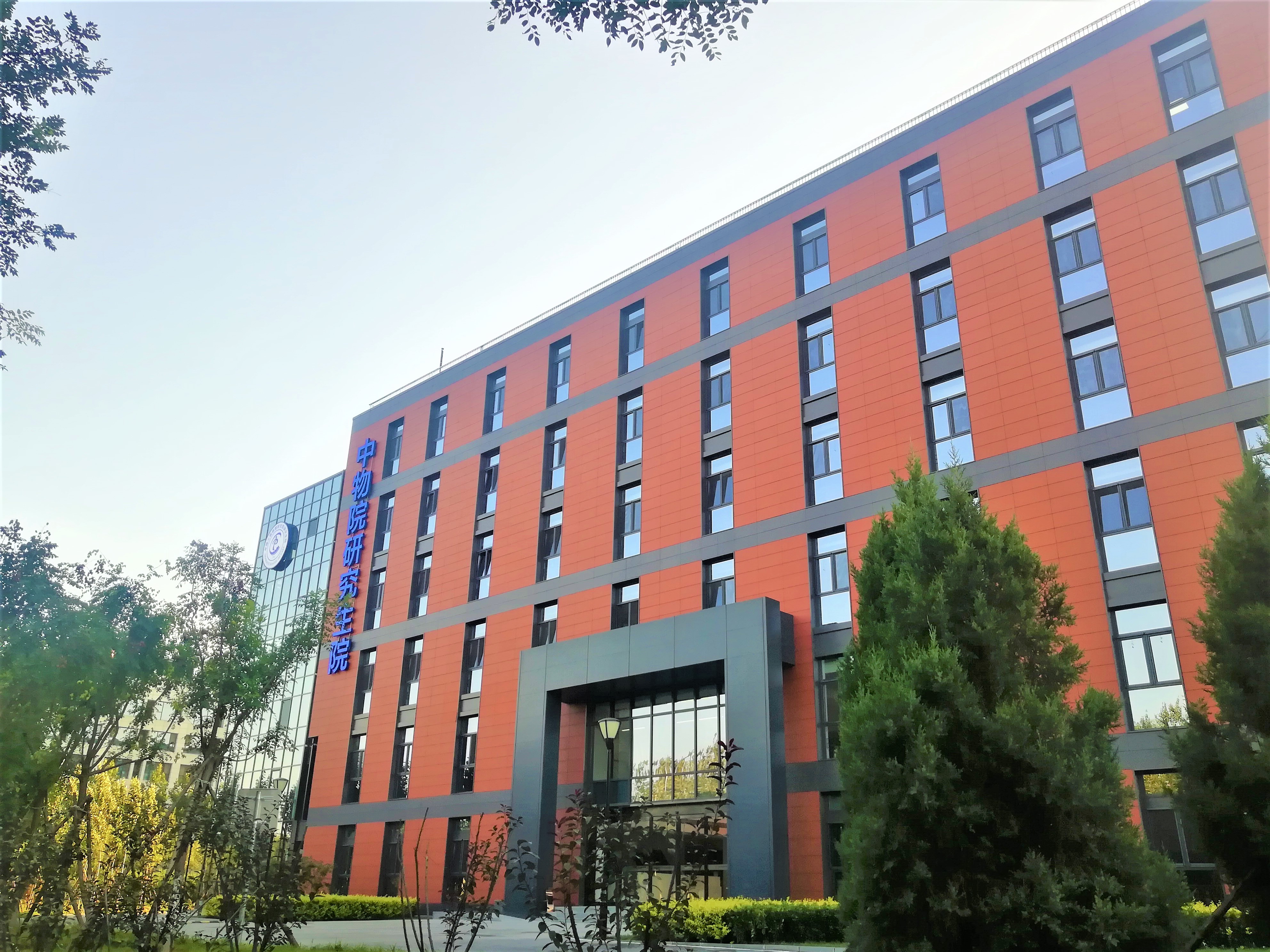
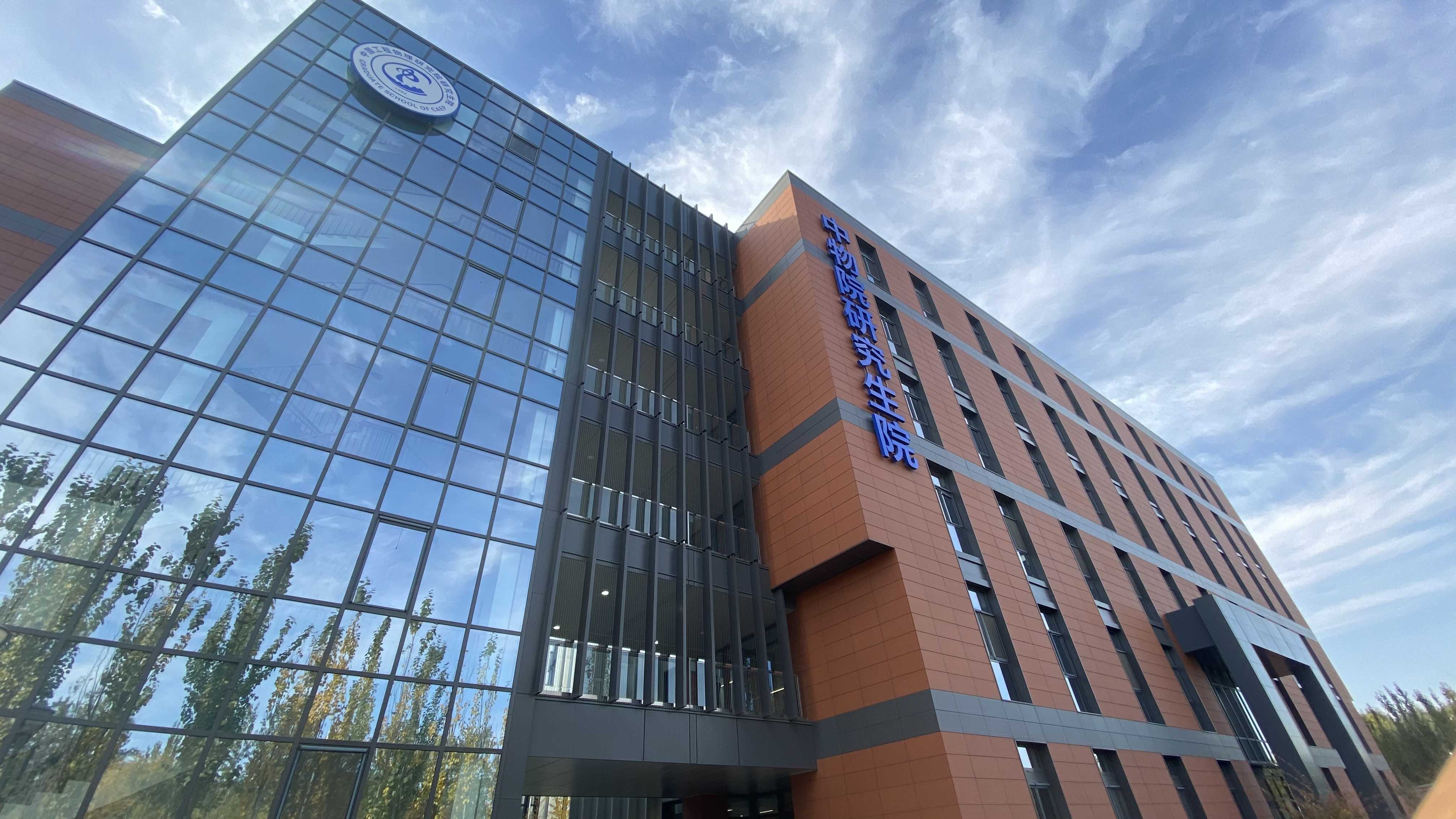
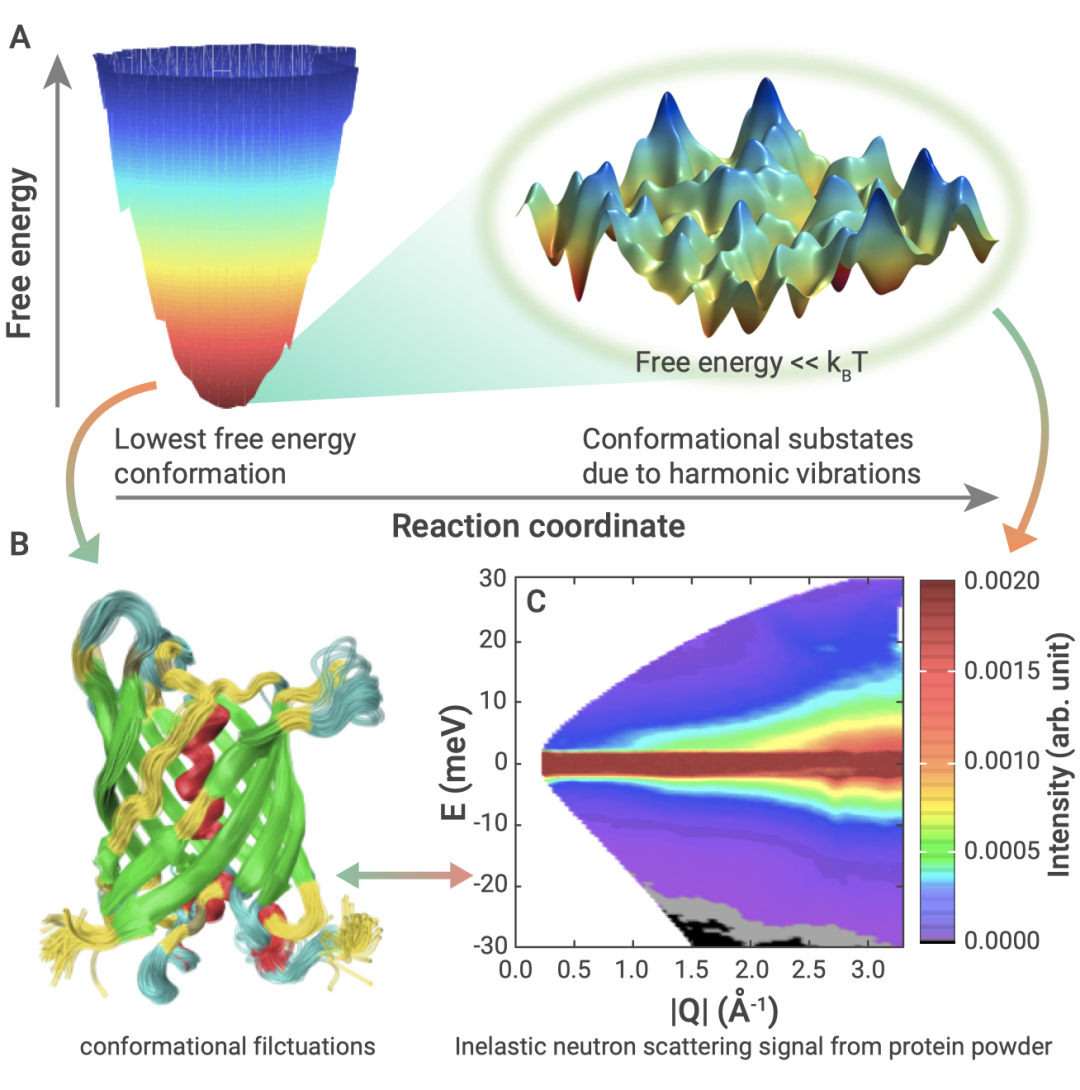

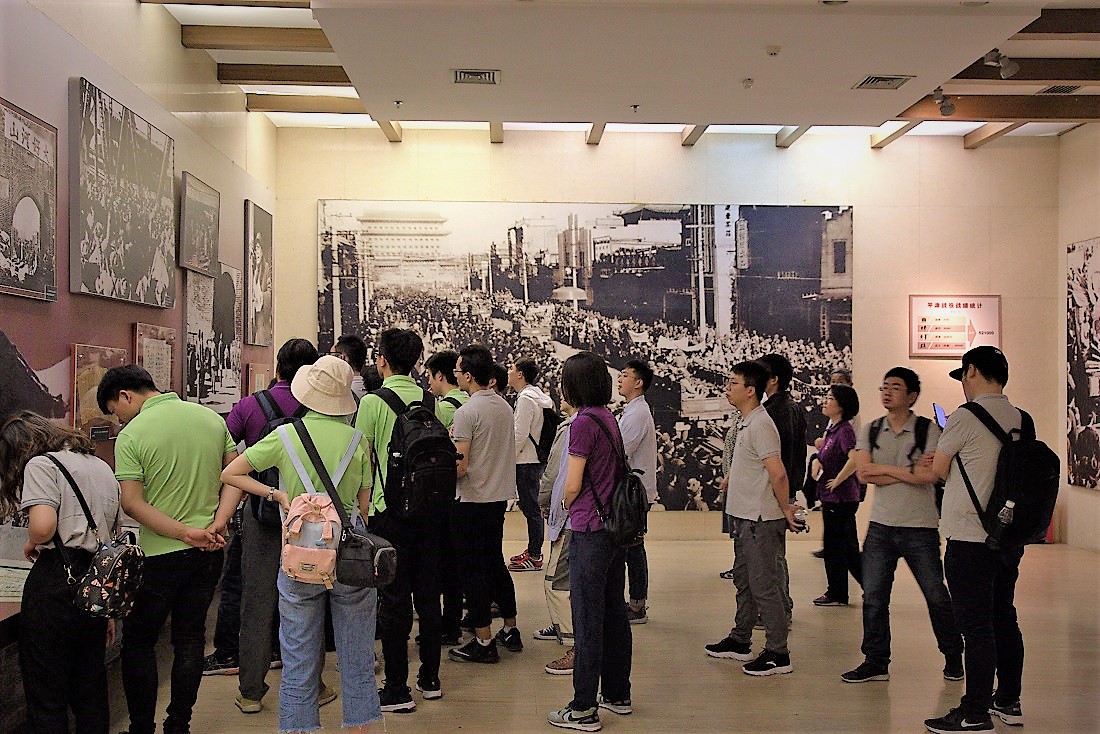









To delve into the latest advancements and future directions in the field of strong-field quantum electrodynamics (QED) stimulated by ultra-intense lasers, the First Symposium on New Perspectives in Strong-Field Quantum Electrodynamics opened in Beijing on August 20. Scholars from 37 universities and research institutions from both China and abroad attended the conference.
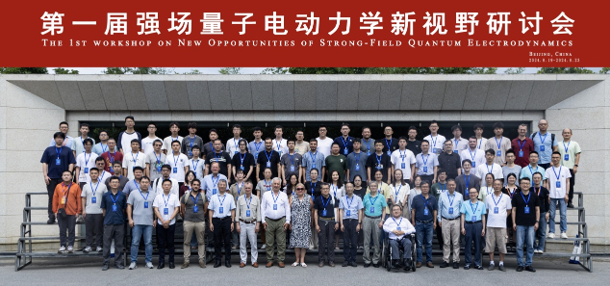
The conference was hosted by the Graduate School of China Academy of Engineering Physics, with co-hosting from the School of Physics at Peking University and the School of Physics and Astronomy at Shanghai Jiao Tong University. The meeting focused on five main topics: the theory and applicability of strong-field QED, numerical simulation methods for strong-field QED, strong-field QED effects in strong laser or astrophysical environments, the generation of new types of light and particle sources using strong-field QED effects, and future developments in the field of strong-field QED. The four-day event aimed to provide a high-level platform for experts and scholars from around the world to exchange ideas and collaborate.
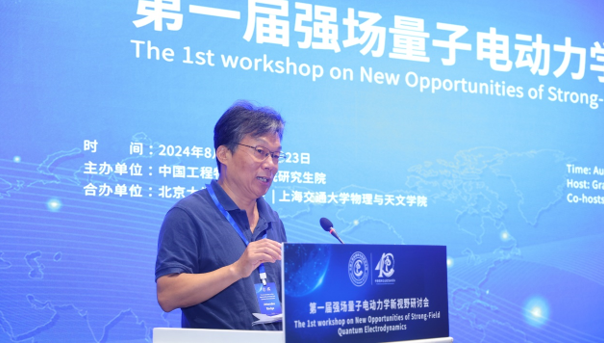
Researcher Jie Liu from the Graduate School of China Academy of Engineering Physics delivered the opening speech. He noted that recent breakthroughs in ultra-high-power laser technology, particularly in chirped pulse amplification, have significantly enhanced laser focusing intensity, pushing the interaction between lasers and matter into the ultra-relativistic regime, where non-perturbative effects become more pronounced. The theory of strong-field quantum electrodynamics (QED) predicts various new physical phenomena, such as higher-order nonlinear radiation effects, vacuum polarization, photon splitting and scattering, and Schwinger pair production. However, most of these processes have yet to be experimentally verified. The advancement of ultra-intense lasers provides an unprecedented opportunity to study these phenomena. The opening ceremony was chaired by Associate Researcher Qingzheng Lü from the Graduate School, who expressed gratitude to all the speakers and participants and wished the conference great success.
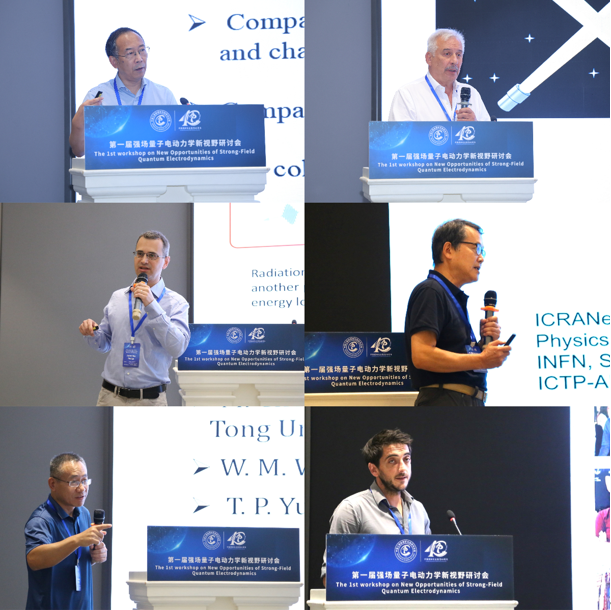
The conference consisted of four sections: keynote speeches, invited talks, oral presentations, and poster sessions. A total of 38 speakers from countries including China, Germany, the Czech Republic, Italy, Japan, and the United Kingdom shared their latest research advancements. Additionally, over ten young scholars and students presented their findings through posters. Among the keynote speakers were Professor Baifei Shen (Shanghai Normal University), Professor Sergey Bulanov (ELl Beamlines Facility), Professor Matteo Tamburini (Max Planck Institute for Nuclear Physics), Professor She-Sheng Xue (lCRANet Faculty), Professor Zhengming Sheng (Shanghai Jiao Tong University), and Professor Gianluca Sarri (Queen's University).
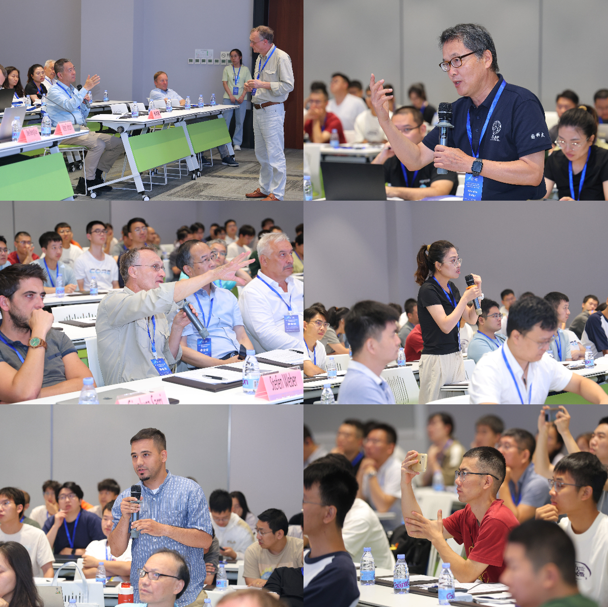
As one of the academic events celebrating the 40th anniversary of graduate education at China Academy of Engineering Physics, this conference has garnered attention and support from relevant universities and research institutions both domestically and internationally since its inception. It is reported that this is the first specialized symposium in China focusing on the latest research in the field of strong-field QED. The successful organization of the conference provided an opportunity for scholars in the QED field from both China and abroad to exchange ideas, strengthened international research collaboration, and played a key role in advancing the development of this field.
